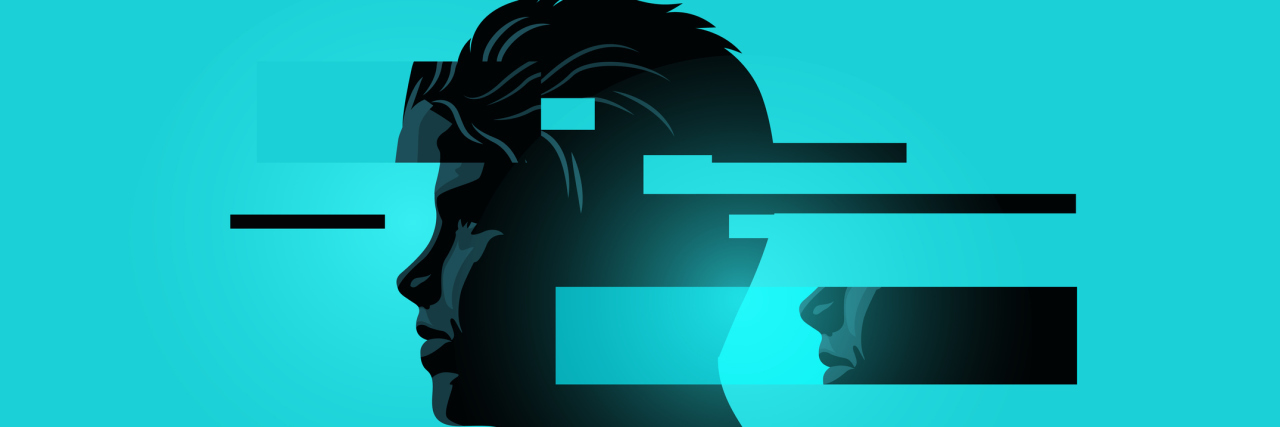Often, I have heard the phrase, “Physicists aren’t human,” said in jest about an awkward social encounter, or unpopular interest. I know why it is said. It is supposed to raise up the physicist, to say in a comedic fashion: “We don’t need to be human; we don’t need deep relationships. We have our deep connection with physics and that is enough.” It is something I believed for a long time. But to the mental health of a physicist, it is an incredibly dangerous idea.
I entered counseling when I was 18 years old. I had absolutely no idea what it was for and how it would help me. All I knew is that counseling was the place people went to when they felt like the world was too much to continue functioning as a human being, when emotions became too much. It was the place where humans entered feeling rubbish, and left feeling great. It turns out instead of knowing very little about counseling, I knew absolutely nothing about it.
I am still in counseling (I’m 27 now). It has done more for my PhD than any lecture course, more than any supportive friendship and even more than my supervisor (but don’t tell him that!). At 23, a year into my PhD, I had something akin to serotonin syndrome. It left me couch bound and unable to set foot outside without an onslaught of an A4 page list of anxiety and panic symptoms. At one point, even the act of eating would set off the anxiety. I did use counseling to get better, but that is a story for another day. I now stand near the end of my PhD, a published physicist, my thesis submitted. I learned that counseling wasn’t a treatment at all. It was an education. An emotional one.
And even though I am a physicist, and I practice physics, I am a human being doing it. With my human brain and my human emotions driving it. All aspects of my PhD have a psychology to them, from using anxiety to help check all the possible things that could go wrong with an experiment, to the excitement and happiness associated with a new understanding. All these emotions run behind the scenes at each of our desks, driving our work, and more importantly, our relationships. And the vast majority of us have absolutely no formal education in them, other than what our parents picked up from their parents and so on.
I am still in counseling not because I feel low or frustrated, or any of the other possible traditional reasons. I am very content with my life and am “happy.”I am still in counseling to continue my education. The more I understand how others see the world and how I relate to them, the greater number of connections I can make, and the more content I feel.
In our specialist, career orientated culture, we isolate ourselves from subjects and people we do not know. We give ourselves a name and stick with it for the rest of our lives. We feel safe, powerful even. But not content. We feel alone.
I am not just a physicist; I am much more than that.
Follow this journey on the author’s blog.
This story originally appeared on the author’s blog, The Thesis Whisperer and Mental Movement Magazine.
Getty image via solarseven.

